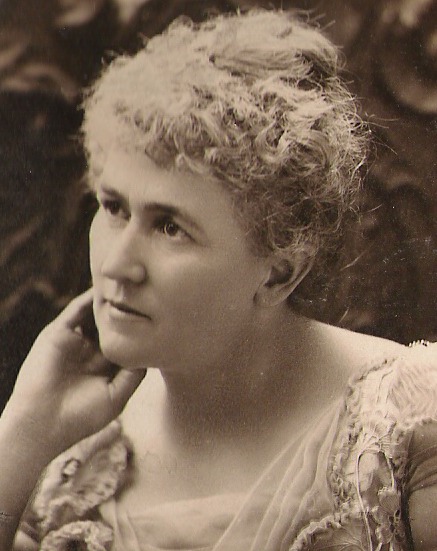
From that moment on, Hoodless would crusade for children to prevent more senseless deaths like that of her son. She championed the cause for pasteurized milk, still an emerging science, and embraced the cause of better education for young mothers. The Hamilton socialite campaigned for Domestic Science classes and wrote a textbook, Public School Domestic Science (1898) to be used in such classes. By 1902, Domestic Science had become a mandatory course in Ontario classrooms. But Adelaide did not stop there. With the financial aid of a Montreal businessman, she established Domestic Science classes in Canadian universities, too. Mrs. Hoodless travelled the province speaking about her passion: "Is it of greater importance that a farmer should know more about the scientific care of his sheep and cattle, than a farmer's wife should know how to care for her family?"

Domestic Science classroom in New York City circa 1910 to 1920 courtesy http://www.alamy.com/stock-photo-domestic-science-laboratory-in-a-public-school-in-new-york-city-around-54933124.html.
On February 12, 1897, Mr Erland Lee asked Mrs. Hoodless to speak at his Farmer's Institute Ladies Night. Over 100 women turned out to hear her speak and that group became the first chapter of the Women's Institute. Within a decade, the Institute had over 500 branches. With Lady Aberdeen, she helped establish the National Council for Women, the Victorian Order of Nurses, and the Young Women's Christian Association (YWCA).
Adelaide Hoodless passed away from a cerebral hemorrhage only one day shy of her 53rd birthday. The Hoodless homestead in St. George was acquired by the Federated Women's Institute of Canada in 1959 and now serves as a museum. A roadside plaque in Stoney Creek, Ontario marks the location of the first Women's Institute meeting well over a century ago.

Canada Post stamp issued in 1993 courtesy http://www.adelaidehoodless.ca/history/adelaides-legacy/
No comments:
Post a Comment